
Can an aggressive dog be tamed?
Coming home to a dog that growls, lunges, or shows teeth is heart-breaking. Aggression isn’t just scary—it can strain the bond you want with your furry friend.
You’re at the park when your terrier spots a squirrel. Instead of lunging, he glances at you—victory! You reach for a treat, but that generic biscuit earns a bored sniff. Sound familiar? The "best" positive reinforcement isn’t a universal magic treat; it’s a neuroscience-backed strategy tailored to your dog’s unique wiring. Rewards must trigger a dopamine surge powerful enough to override instinct. Research from Tufts University shows high-value rewards accelerate learning by 200% compared to praise alone.
Start by cracking your dog’s motivation code. Food-driven beagles? Use stinky salmon bites during high-distraction city walks. Ball-obsessed retrievers? Toss their favorite toy after recalling off-leash. Anxious rescues? Pair gentle ear rubs with quiet praise after calm behavior. Test scientifically: Place chicken, kibble, and a squeaky toy in a row. What your dog chooses first reveals their top motivator—rotate these to keep their brain engaged.
Urban pet parents, adapt wisely: When sirens blare outside your Chicago apartment, reward calmness with dimmed lights and a chew toy (loud voices worsen stress). Suburbanites, use "environmental rewards"—let your lab sniff hydrants after heeling past manicured lawns.
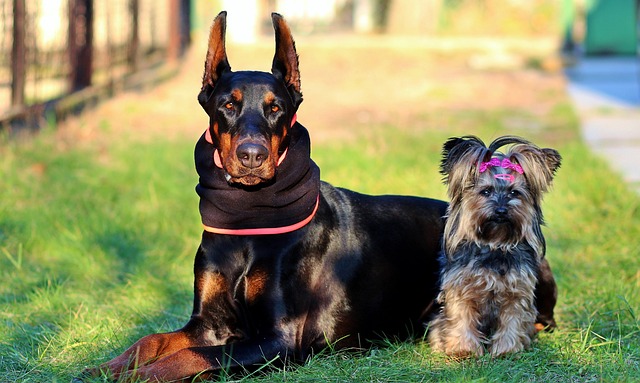
Remember: Positive methods aren’t just kind—they’re law in places like Germany, where shock collars are banned. Even in the US, states like New Jersey fine $1,000 for physical corrections. Always carry waste bags (Portland issues $250 tickets for uncollected poop). Before group classes, update rabies vaccines—required nationwide. At parks like Austin’s Red Bud Isle, reward polite greetings; letting your boxer jump on others could get you banned.
Master the timing: Deliver rewards within 1.3 seconds of good behavior. If your shepherd jumps on guests, treat the moment four paws touch the floor—not after they jump. For unreliable recall, try "jackpotting": surprise your hound with five chicken pieces when they come mid-squirrel-chase.
Phase out treats strategically: Once your golden responds reliably, switch to intermittent rewards (3 out of 5 successes). Then shift to life rewards—e.g., sitting politely opens the car door. I’ve seen frustrated Boston terrier owners in NYC high-rises transform reactivity using hot dog bits during garbage truck chaos. Punishment creates fear; rewards build trust. Stay patient, stash those high-value goodies everywhere, and let brain chemistry work its magic.

Coming home to a dog that growls, lunges, or shows teeth is heart-breaking. Aggression isn’t just scary—it can strain the bond you want with your furry friend.
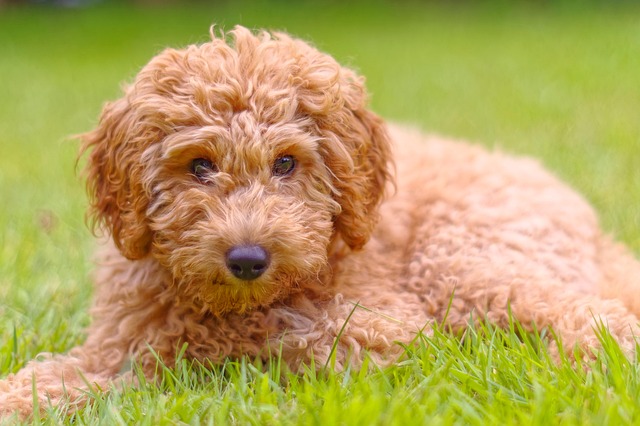
Picture this: It’s 3 AM in your Seattle apartment complex courtyard, rain dripping down your neck as your 12-week-old Golden Doodle, Benny, sniffs every leaf instead of peeing.

Ever found yourself crouched on the kitchen floor, staring at a fresh puddle and wondering if there’s a magic solution to puppy potty training?
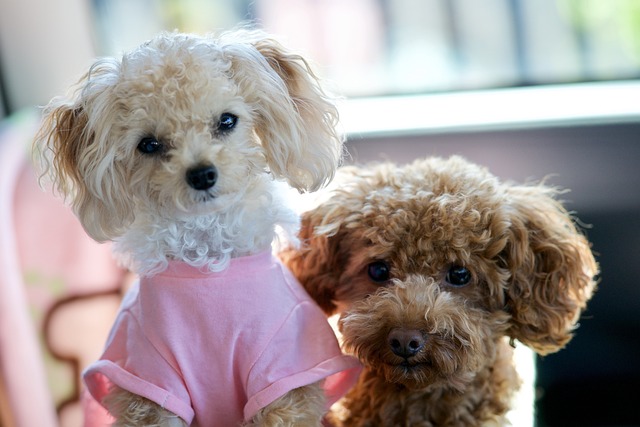
Picture this: You’re rushing to clean up your 12-week-old Labrador’s puddle on your Chicago apartment’s hardwood floor again while late for work.
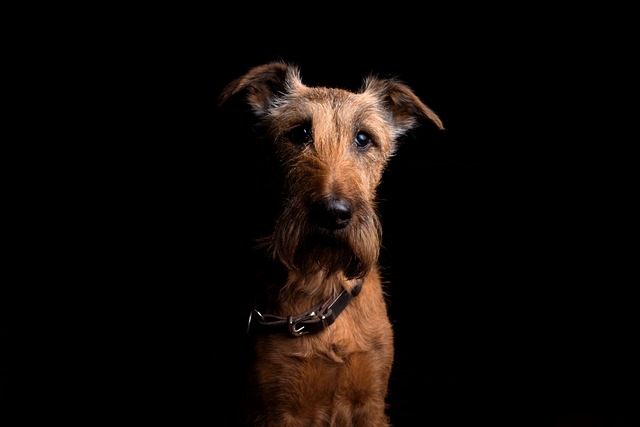
Tired of your dog’s endless barking at every passerby during walks? You’ve probably felt that mix of frustration and embarrassment when your pup lunges and growls at innocent strangers.
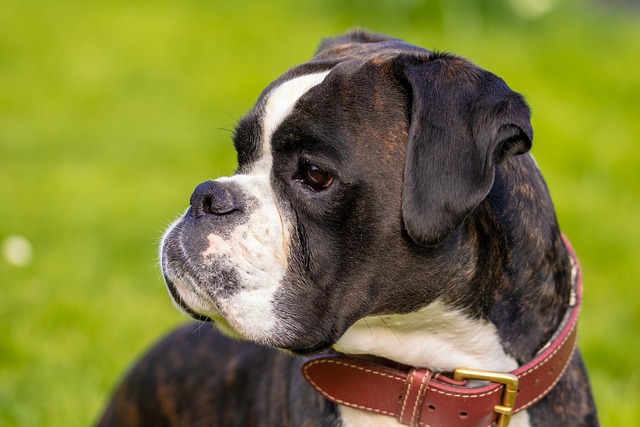
Discover how dog whistle training uses clear, humane signals and positive reinforcement to effectively curb barking and strengthen your bond with your dog.